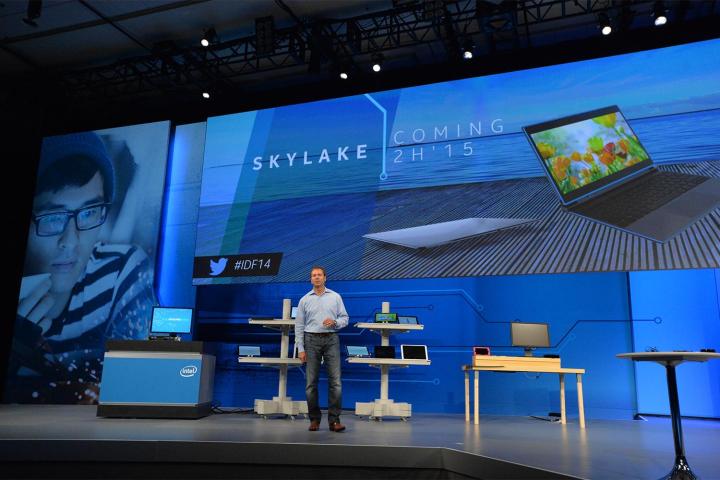
This isn’t just a case of system builders and end users getting a bit overzealous with their CPU screws – though that won’t help – but because the structure of Skylake chips is a little different from previous generations. According to tests conducted by PCGamesHardware.de, it was discovered that Skylake CPUS have a thinner substrate.
Although more testing will certainly be required, it does suggest that users should be careful when applying coolers, and perhaps during the transport of their systems.
Individual manufactures have spoken out about the alleged issues. While Arctic Cooling has suggested that system builders using its coolers ship them without the heatsinks attached, it confirmed that none of its coolers have direct problems with mounting.
In contrast, Scythe has promised to revamp the mounting method for its coolers. While it did say that “in general,” its coolers were perfectly compatible with Skylake, it did admit that strong shocks during shipping while the cooler was fitted could be problematic.
Intel itself is said to be investigating the issue, but did not comment specifically on the statements made by Artic Cooling and Scythe. Instead the company, in a statement made to Tom’s Hardware, says there could be “several variables at play” in causing the issue, so it may not have to do with the chip at all. Intel did confirm that the substrate layer is thinner this generation, but is rated to to handle the same amount of force (5o pounds), so that shouldn’t be a problem.
If the problem is largely related to shipping it wouldn’t be a surprise to us. We receive desktops for review regularly, and damage is not uncommon. PCI slots weighed down by heavy cards seem another trouble area. We’ve received several systems with a slot that did not work. Most manufacturers now use inflatable foam packaging inside rigs to provide support in shipping.
Although somewhat unsubstantiated for now, we would recommend all users exercise extra care when fitting coolers to, and transporting systems using, Skylake hardware.
Editors' Recommendations
- Do CPUs require drivers?
- Intel’s CPUs just got way more confusing
- Get ready to pay more for Intel’s next-gen CPUs
- CES 2023: Intel’s new 13th-gen CPUs are faster, cheaper, and more efficient
- Intel Raptor Lake CPUs: Everything we know about the 13th-gen processors




